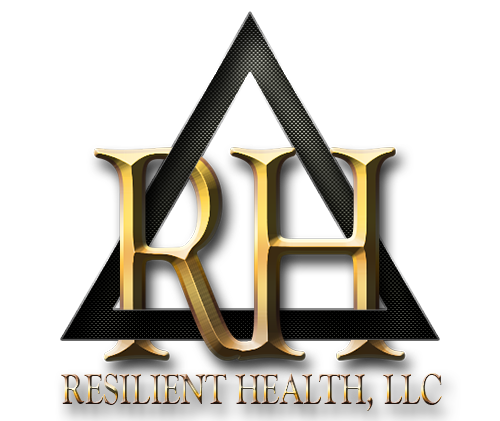Hormones and Health: Why Monitoring Hormone Levels is Key to Optimizing Fitness Goals
Achieving fitness goals goes beyond just diet and exercise – it involves understanding the intricate interplay of hormones within the body and how they influence metabolism, energy levels, muscle growth, and overall health. Hormones play a pivotal role in regulating various physiological processes, and imbalances can have significant implications for fitness and well-being. In this article, we'll explore why monitoring hormone levels is essential for optimizing fitness goals and achieving long-term success.
The Role of Hormones in Fitness
Hormones are chemical messengers produced by various glands in the endocrine system, including the thyroid, adrenal glands, pituitary gland, and gonads. These hormones regulate metabolism, energy expenditure, muscle growth, fat storage, and numerous other functions essential for overall health and fitness. Here are some key hormones and their roles in fitness:
Testosterone: Testosterone is a crucial hormone for muscle growth, strength, and performance. It promotes protein synthesis, enhances muscle mass, and increases bone density. Low testosterone levels can lead to decreased muscle mass, reduced strength, and impaired exercise performance.
Cortisol: Cortisol, often referred to as the "stress hormone," plays a role in metabolism, inflammation, and stress response. While cortisol is essential for regulating energy levels during exercise and recovery, chronically elevated cortisol levels can lead to muscle breakdown, fat storage, and impaired recovery.
Thyroid Hormones: Thyroid hormones, including thyroxine (T4) and triiodothyronine (T3), regulate metabolism, energy production, and body temperature. Imbalances in thyroid hormones can affect energy levels, metabolism, and weight management, leading to symptoms such as fatigue, weight gain, or difficulty losing weight.
Insulin: Insulin is a hormone produced by the pancreas that regulates blood sugar levels and facilitates the uptake of glucose into cells for energy. Insulin plays a crucial role in muscle building, energy metabolism, and nutrient partitioning. Imbalances in insulin levels can affect energy levels, appetite, and body composition.
The Importance of Hormone Monitoring
Monitoring hormone levels can provide valuable insights into individual health and fitness status, identify potential imbalances or deficiencies, and guide personalized interventions to optimize hormonal health. Here's why hormone monitoring is essential for optimizing fitness goals:
Identifying Imbalances: Hormone testing can help identify imbalances or deficiencies that may be impacting energy levels, metabolism, muscle growth, and recovery.
Tailoring Nutrition and Training: Understanding hormone levels can inform personalized nutrition and training strategies to support hormonal balance and optimize fitness goals.
Optimizing Recovery: Balancing hormones is essential for optimizing recovery, reducing fatigue, and promoting muscle repair and growth after exercise.
Enhancing Performance: Optimizing hormone levels can improve exercise performance, increase strength and endurance, and support overall athletic performance.
Conclusion
Monitoring hormone levels is essential for optimizing fitness goals and achieving long-term success. By understanding the role of hormones in fitness and identifying potential imbalances, individuals can tailor their nutrition, training, and lifestyle interventions to support hormonal balance and enhance overall health and well-being. Consult with a qualified healthcare provider or hormone specialist to discuss hormone testing options and develop a personalized plan to optimize hormone health and achieve your fitness goals.
Take control of your hormones, and unlock your full fitness potential!
Stay tuned for more tips and insights on optimizing health and fitness through hormonal balance.

